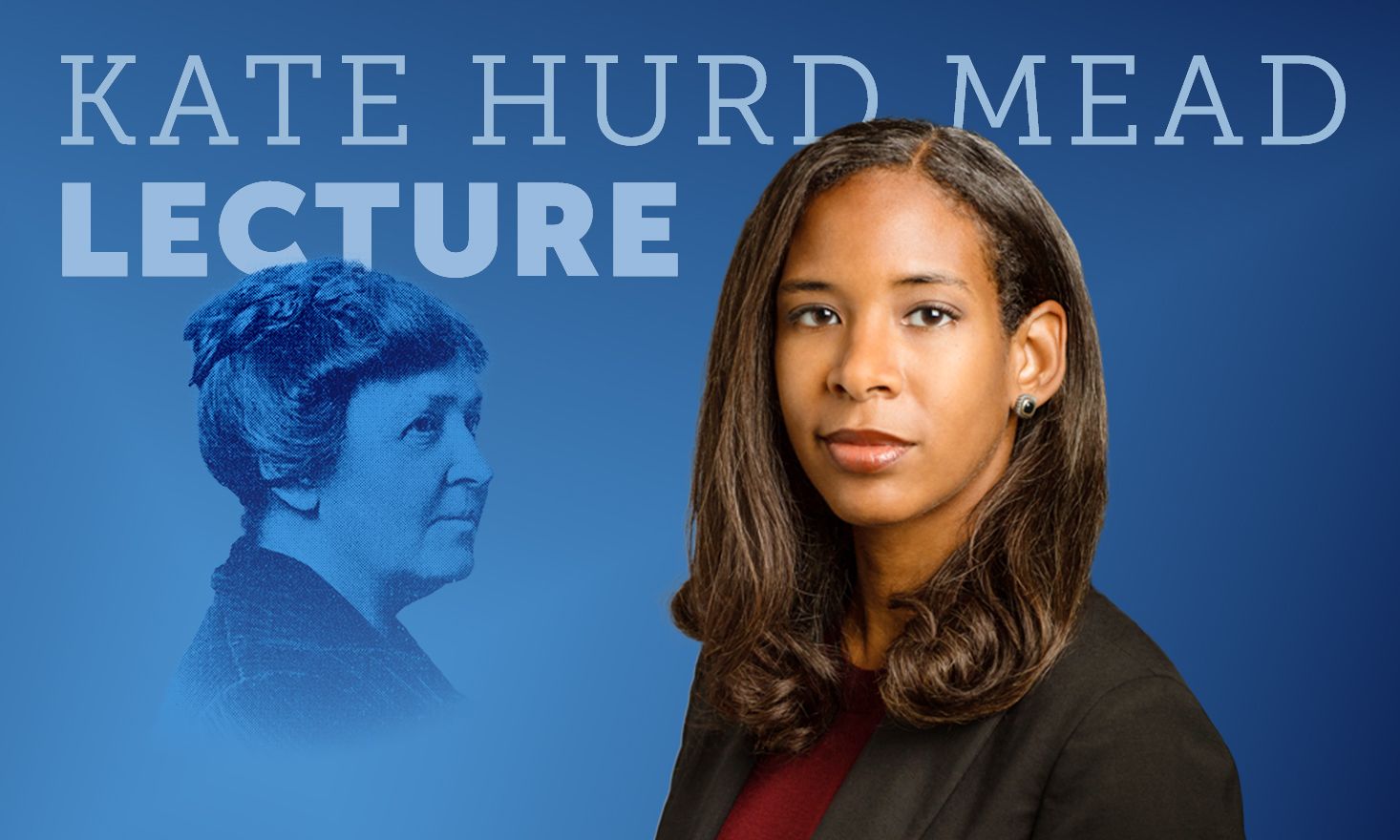College of Physicians of Philadelphia
Kate Hurd Mead Lecture: Race and Refusal in the Eugenic Archive, Notes from the Field
Lecture


About the Talk
“Report of Conversation with Educated Colored Woman,” sits within a folder of handwritten notes taken by eugenic fieldworker Florence Danielson during her 6 months of research in Jamaica in 1912. Prior to her trip, Danielson learned how to collect medical histories and compile family pedigrees while studying the principles of inheritance from one of America’s leading eugenicists, Charles B. Davenport. Danielson and the other fieldworkers, many of them women, met at Cold Spring Harbor Laboratory in New York. Of 32 fieldworkers employed between October 1, 1910, and January 1, 1913, Danielson was the only one to research the physical traits of mixed-race people of Black and white ancestry. Much of her data appeared in Davenport’s 1913 The Heredity of Skin Color in Negro White Crosses, his first large scale attempt to quantify mixed race people’s features. It is easy to categorize the study, and especially Danielson’s data, as yet more evidence of the ways in which allied scientific fields, and their agents, collectively classified blackness as a biological problem to be figured out. But, as this talk will show, Danielson’s data provides us with much more, for it stands to counter prevailing views that marginalized and subaltern subjects were passive participants in the folly of reifying race, mere victims of eugenics’ reach. “The Report of Conversation with Educated Color Woman” is one such example, a genuinely rare find in the Eugenics Records Office data, which often mutes, rather than amplifies, nonwhite voices. Indeed, the report encapsulates the very routine and often under acknowledged ways people of color pushed back and talked back when under threat by white scientists’ attempts to pathologize them. It is, as this talk will show, a snapshot into a moment complicated by acquiescence and defiance framed by shifting power dynamics between a white American woman and a mixed-race Jamaican woman.
Event Timeline:
6:00 - Lecture Begins
7:15 - Light Reception
About the Speaker
Rana Asali Hogarth is an associate professor in the Department of History and Sociology of Science at the University of Pennsylvania. She earned a Ph.D. in History, with a concentration in History of Science/History of Medicine from Yale University and an M.H.S. in Health Policy from the Johns Hopkins Bloomberg School of Public Health. Her scholarship focuses on the creation of ideas about racial difference in North America and the Caribbean as they emerged through medicine and its allied fields. She is the author of Medicalizing Blackness: Making Racial Difference in the Atlantic World, 1780-1840 (University of North Carolina Press, 2017), which examines how white physicians defined blackness as a medically significant marker of difference in slave societies of the American Atlantic. Her work has appeared in Social History of Medicine, American Quarterly, African and Black Diaspora: An International Journal, American Journal of Public Health, and History Compass. She served as the historical consultant for the NEH funded project , a Distillations podcast and magazine that was launched by the Science History Institute. She is at work on her second book, which investigates how slavery and its afterlife shaped the development of scientific opinions about the eugenic fitness of Black and mixed-race people in the Americas.
About Kate Hurd Mead
An 1888 graduate of the Woman’s Medical College of Pennsylvania, Kate Campbell Hurd-Mead was a successful physician, leader and organizer of medical women, medical writer, lecturer and supporter of the work of women doctors everywhere. Following her internship in Boston, studies at Johns Hopkins University and in Europe, she served as medical director at the Bryn Mawr School for Girls in Baltimore, where she also helped establish a dispensary for working women.
She entered private practice in Middletown, Connecticut and attended at the town’s hospital. But it was her determination to tell the whole story of women’s place in medicine, resulting in the incomparable History of Women in Medicine from the Earliest Times to the Beginning of the Nineteenth-Century (1938) that became her legacy. Dr. Hurd-Mead completed the manuscript of Volume 2, updating the pioneers of the entire eastern hemisphere from Australia to Ireland and a third volume, covering the western hemisphere was underway at her death.
This event is co-sponsored by The Section on Medical History of The College of Physicians of Philadelphia and the Legacy Center of Drexel University College of Medicine (DUCOM)
NOTE: By entering the event premises, you consent to photography, audio recording, video recording and its release, publication, exhibition, or reproduction to be used for news, promotional purposes, advertising, inclusion on websites, social media, or any other purpose by The College of Physicians/The Mütter Museum and its affiliates and representatives.